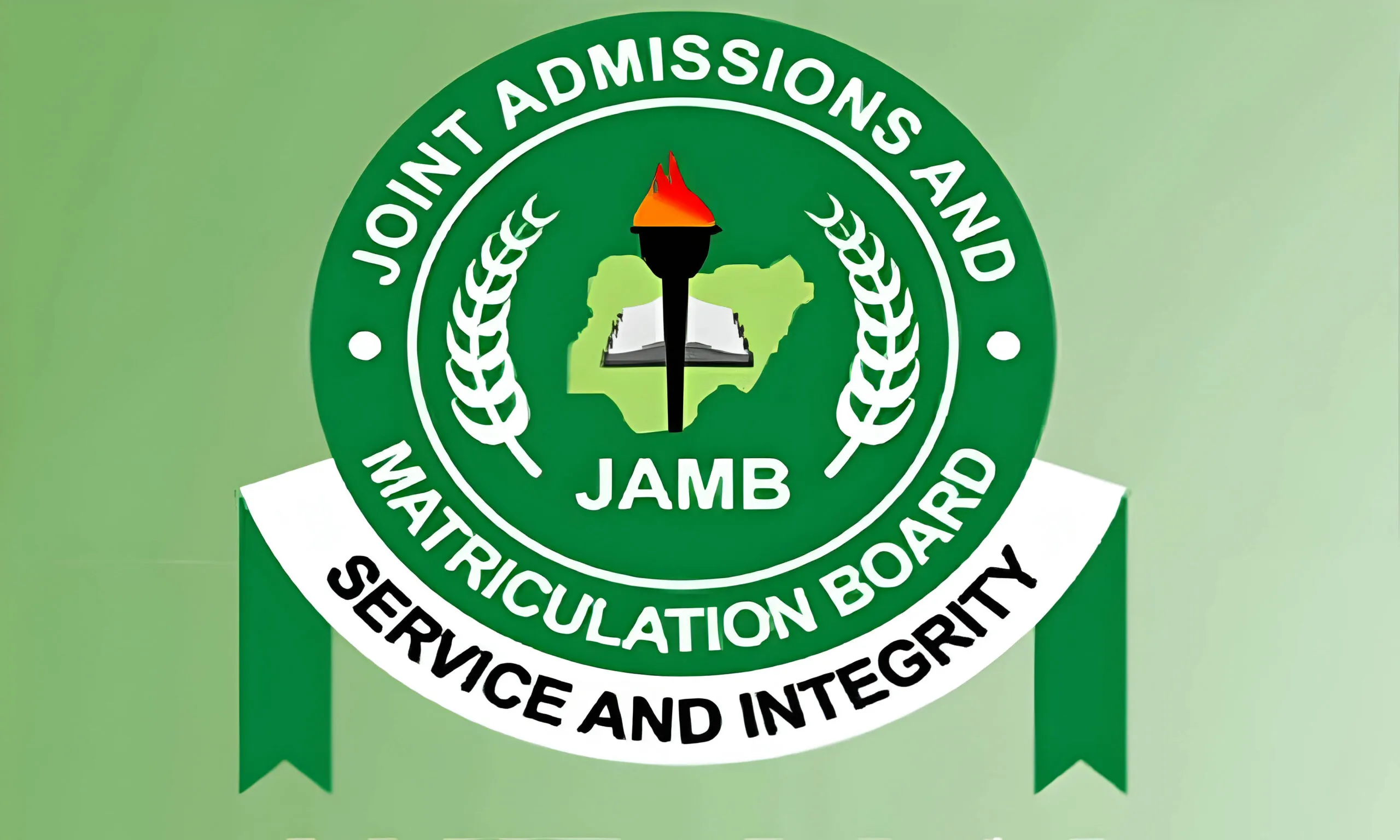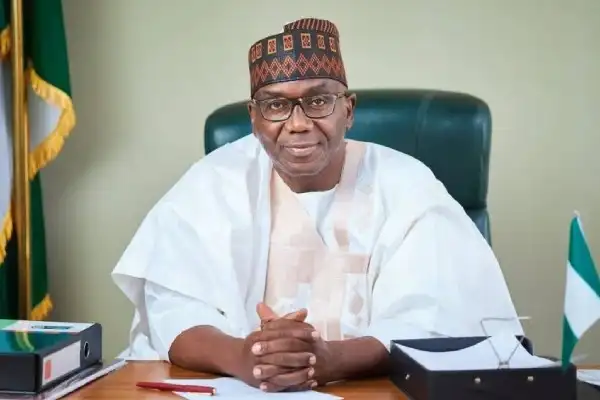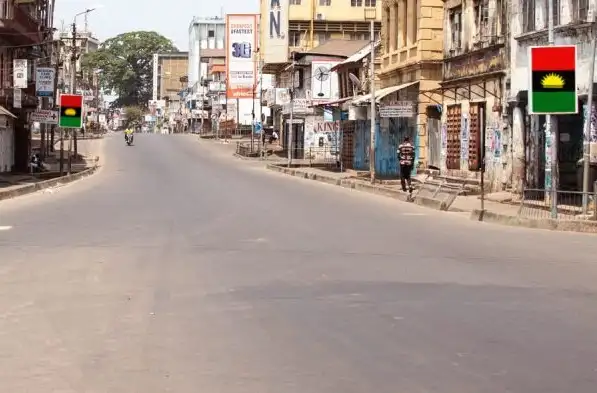As President Bola Tinubu approaches the midpoint of his first term, he has highlighted significant economic strides made under his administration. These achievements include the removal of fuel subsidies, the liberalization of the naira, and a notable increase in foreign reserves. However, challenges such as persistent inflation and security concerns continue to affect the nation.
In January 2025, Finance Minister Wale Edun announced Nigeria’s goal to double its economic growth from the current annualized rate of 3.5% within the next one to two years. This ambitious target aims to alleviate poverty and stimulate investment across various sectors, including consumer goods, financial services, and infrastructure. Edun emphasized that the government’s focus is on attracting private investment to create jobs and reduce reliance on borrowing. Central Bank Governor Olayemi Cardoso projected a 4.17% economic growth for the year, driven by ongoing reforms and stabilizing inflation.
Despite these positive developments, inflation remains a significant concern. In December 2024, inflation peaked at 34.80%, primarily driven by food prices, which have been exacerbated by high fuel costs and insecurity in farming regions. The government has acknowledged the need for agricultural and market reforms to address these issues.
Security challenges also persist, particularly in the North-West and North-Central regions, where banditry and kidnappings have escalated. These security issues have disrupted agricultural activities, leading to food shortages and increased prices. The government has initiated military operations to combat these threats, but the situation remains complex.
In response to the economic hardships faced by many Nigerians, the government has implemented measures such as increasing the national minimum wage and distributing over N24 billion through conditional cash transfers to vulnerable households. These initiatives aim to alleviate the impact of rising living costs and provide support to those affected by the economic reforms.
Looking ahead, President Tinubu has presented a 2025 budget that prioritizes security, infrastructure, and measures to ease the cost-of-living crisis. The budget includes a deficit of 3.89% of GDP, with a focus on addressing the nation’s economic challenges. The government remains committed to its reform agenda, aiming to stabilize the economy and improve the living standards of Nigerians.
While the administration has made notable progress in certain areas, the persistence of inflation and security issues underscores the need for continued efforts to ensure sustainable economic growth and stability.











I find it hard to believe Tinubus economic gains claim with inflation and insecurity still lingering. Something doesnt add up here.
I dont buy it! Tinubus economic gains are overshadowed by inflation and insecurity. Whats the real story here?
Im not convinced by Tinubus economic gains claim when inflation and insecurity are still major issues in Nigeria. What do you guys think?
I dont buy it! Tinubu can talk about economic gains all he wants, but inflation and insecurity are still major issues in Nigeria.
I appreciate Tinubus focus on economic gains, but we cant ignore the ongoing issues with inflation and insecurity. Lets address these too!
I dont buy Tinubus economic gains hype. Inflation and insecurity are still major issues. Lets not ignore the real problems.
I dont buy it! Tinubu can talk economic gains all he wants, but inflation and insecurity are still major issues in Nigeria.
I dont buy Tinubus economic gains talk – inflation and insecurity are still major issues in Nigeria. What do you guys think?
I dont buy Tinubus economic gains talk. Inflation and insecurity are real issues affecting Nigerians daily. Lets keep it real.
Im not buying this Tinubu hype. Inflation and insecurity are still major issues. Lets keep it real, folks.
I dont buy it, Tinubu. Inflation and insecurity are real issues, not just something to tout about. Time to address the real problems!
Is Tinubu really delivering on economic promises, or are inflation and insecurity overshadowing any progress made? Lets discuss!
Is Tinubu really making economic gains in Nigerias mid-term, or are inflation and insecurity overshadowing any progress? Lets discuss!
I dont buy Tinubus economic gains story. Inflation and insecurity are still major issues. Whats your take?
I dont buy Tinubus economic gains pitch, inflation and insecurity are still major issues. Lets keep it real, folks.
I dont buy Tinubus economic gains pitch – inflation and insecurity are still major issues. The hype doesnt match the reality.
I dont buy Tinubus economic gains talk. Inflation and insecurity are still major issues. We need real solutions, not just empty promises.
I think Tinubus economic gains are overshadowed by persistent inflation and insecurity. Time for a reality check!